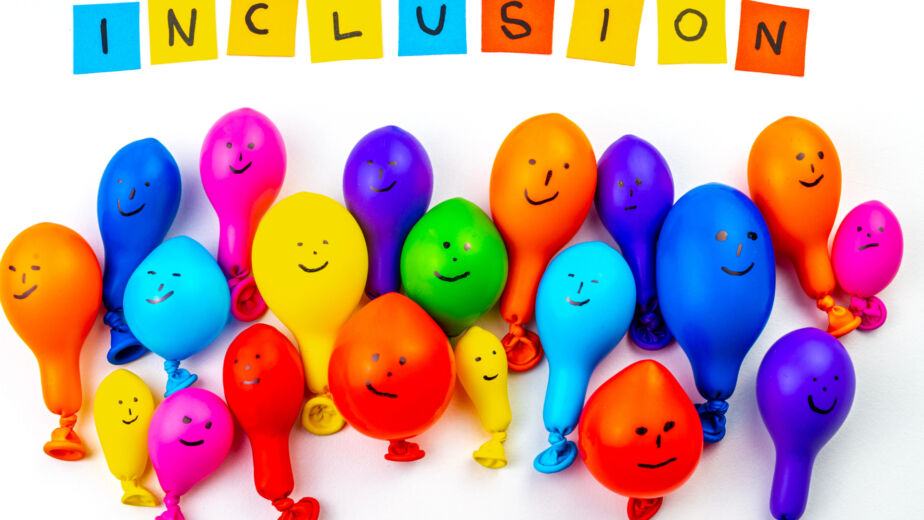If you’ve ever wanted to make a real difference—the kind that lives beyond the whiteboard—then you’re in the right place. Teacher’s aides don’t just support learning; they support life. They’re the steady hands and soft voices who help children feel seen, safe, and capable—especially those who are often left behind. This is your invitation to learn more and lean in.
✨ Why This Role Matters
If you’ve ever wanted to make a real difference—the kind that lives beyond the whiteboard—then you’re in the right place. Teacher’s aides don’t just support learning; they support life. They’re the steady hands and soft voices who help children feel seen, safe, and capable—especially those who are often left behind. This is your invitation to learn more and lean in.
“Being a teacher’s aide isn’t just helping—it’s noticing, adapting, and empowering in ways that change lives.”
Alana, teachers aide
🧡 More than just extra hands
If you’re considering becoming a teacher’s aide (also known as an Education Support Officer or Learning Support Assistant), you may have heard:
“It’s just helping in the classroom.”
“You follow what the teacher says.”
“You support the kids who are behind.”
Here’s the truth:
Being a teacher’s aide is not about being “just” anything.
It’s about:
• Seeing what others miss
• Holding calm when chaos rises
• Adapting, supporting, and advocating
• Bridging gaps between students and systems
At thrvhub, we believe teacher’s aides are the backbone of inclusive education.
🎓 What Does a Teacher’s Aide Actually Do?
Your daily role may include:
• Working 1-on-1 with neurodivergent students
• Supporting literacy or numeracy groups
• Using visuals, timers, or AAC devices
• Helping students regulate emotions
• Translating lessons into simpler language
• Communicating with parents or therapists
• Preparing inclusive materials and managing transitions
And most of all, you’ll provide presence, patience, and a sense of emotional safety.
🌱 Skills That Matter Most
Skill | Why It Matters |
|---|---|
Empathy | Kids know when they’re truly seen |
Patience | Learning and trust both take time |
Emotional regulation | You can’t co-regulate if you’re dysregulated yourself |
Observation | Your quiet noticing helps guide decisions |
Flexibility | No two children or days are the same |
Communication | You’re a link between students, teachers, and families |
Advocacy | Sometimes, you’re the only one who truly understands |
📅 What’s It Like, Day to Day?
Here’s a typical day:
You meet an anxious student at the gate
Help them transition with visual cues
Break tasks into bite-sized steps
Recognise overwhelm and offer a calming space
Debrief with the teacher to make tomorrow smoother
You’re not just supporting what they learn—you’re shaping how they feel while learning.
👥 Who You Might Support
Children you work with may be:
Autistic
ADHD
Dyslexic or with other learning differences
Experiencing trauma or emotional distress
Non-verbal or use AAC
English language learners
In foster or kinship care
Masking or withdrawing
Each one of them is different.
And every one of them deserves your care.
🎓 Training and Qualifications (Australia)
Most aides complete or are studying a Certificate III or IV in School-Based Education Support, which includes:
Child development
Behaviour strategies
Supporting diverse learning needs
Legal and ethical responsibilities
Creating inclusive classrooms
💡 thrvhub offers short, real-life resources like:
How to support a child in meltdown
How to make visual supports in 10 minutes
What “masking” looks like in real time
How to design a simple transition plan

💬 Real Talk: The Emotional Load
Yes—it’s rewarding.
But it’s also emotionally demanding.
You might:
• Witness trauma
• Support big emotions
• Feel invisible at times
But you’ll also be:
• A safe place
• A trusted adult
• A quiet anchor in someone’s storm
That’s what makes the job powerful.
🌟 What Makes a Great Aide?
It’s not about the perfect resume.
It’s about:
Calm hands
Kind eyes
A soft voice in chaos
The ability to wait
The courage to ask, “What do you need right now?”
🔧 Why We Built thrvhub
We know you don’t always have hours to spare.
That’s why we created:
✅ Short and focused online courses
✅ Inclusion kits and visual tools
✅ Emotional regulation resources
✅ Social stories that connect
✅ Real-life strategies that actually help
You don’t need to be perfect. You just need to be present. We’ll help with the rest.
✨ Final Thoughts: The Power of Being Beside
The child you support might not remember the words you used.
But they’ll remember how you made them feel—safe, seen, supported.
“The best aides don’t fix everything. They show up, stay close, and believe in the child before the child believes in themselves.”
Dave Harrison Tweet



